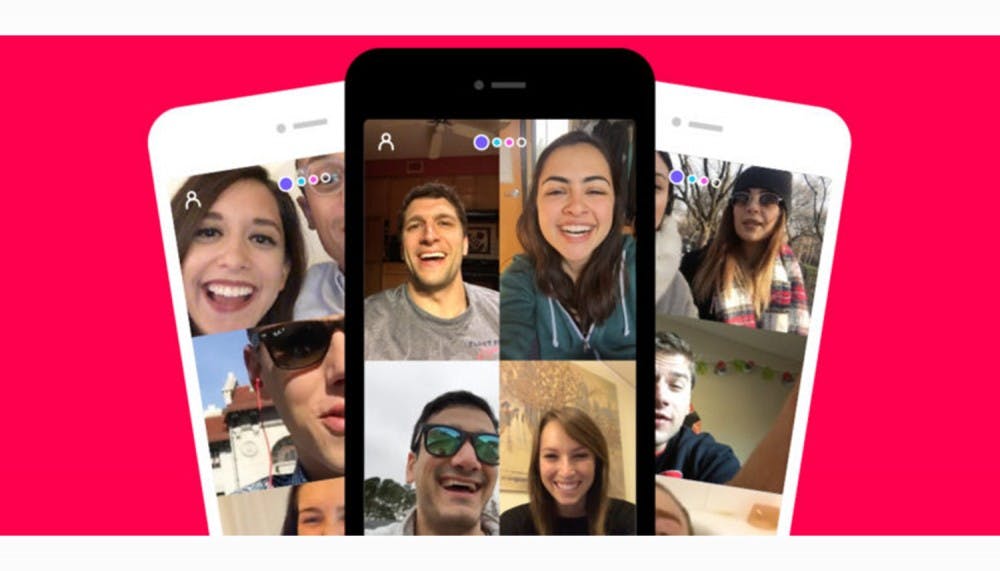Houseparty is an app developed by Life on Air that enables you to video chat with groups of friends instantly by simply opening the app and joining in. It lets you “lock the room” in order to avoid having others join in during a private conversation, but half of the fun comes from the dynamic nature of the app—that is, not knowing who will spontaneously join in the group chat next.
"As a result of the large size of Penn’s student body, it can be difficult to branch out from certain groups and meet different kinds of people," said Leah Hess (C '19), an ambassador of the app. “Houseparty is a great way to stay in touch with friends that all have packed and conflicting schedules. It also provides a unique network for people to meet and get to know friends of friends. It is really easy to meet new people and stumble into hilarious encounters and interesting conversations in which you meet really fun and cool people you otherwise would not have had a chance to interact with.”
The idea for Houseparty originated amid the development of the company’s app Meerkat, which was released in March of 2015 at South by Southwest, and enabled users to live–stream video content. The app presented the option of connecting to Twitter or Facebook, allowing users to live–stream directly to their followers and friends. Despite the buzz that surrounded Meerkat even in its initial stages, the founding team had a vision that Meerkat failed to fulfill despite its success in drawing in users.
Penn alum (W '09) Kimberly Kalb serves as the Head of Marketing for Houseparty, and visited campus in early October to spread the word. Sophomore Leah teamed up with Kimberly as a Houseparty ambassador, attending sorority and fraternity chapter meetings at Penn to promote the app. Other members of the team include CEO Ben Rubin and Head of Business Operations Sima Sistani.
After launching the beta phase in February, Houseparty has seen steady organic growth. The app reached number two in the apple charts for a week in March.
When the number of users skyrocketed, Houseparty faced an unforeseen technical complication. The app had moved very quickly from testing in a controlled environment with a manageable amount of users, to a large user base that the app was structurally unprepared for. In late May, the team experienced servers crashing and had to dedicate time and resources to rebuilding. Shortly thereafter, Houseparty saw a drop–off in user activity.
The team took action, conducting interviews and follow–ups with users that had been active and then dropped off. The findings surprised the Houseparty team. The dropoff resulted from the seasonal aspect of the app’s usability. Due to the high percentage of users being college students, the summer season had made Houseparty less prevalent. Many users had hardly noticed the technical issues at all, and attributed their lack of activity to summer break.
With school in full swing, Houseparty is experiencing a surge in usage. The seasonal practicality of Houseparty remains largely unaddressed by the founding team thus far. As the app continues to develop and grow, user feedback will play a crucial role in shaping the future of the app.







